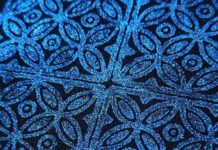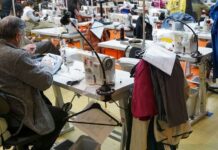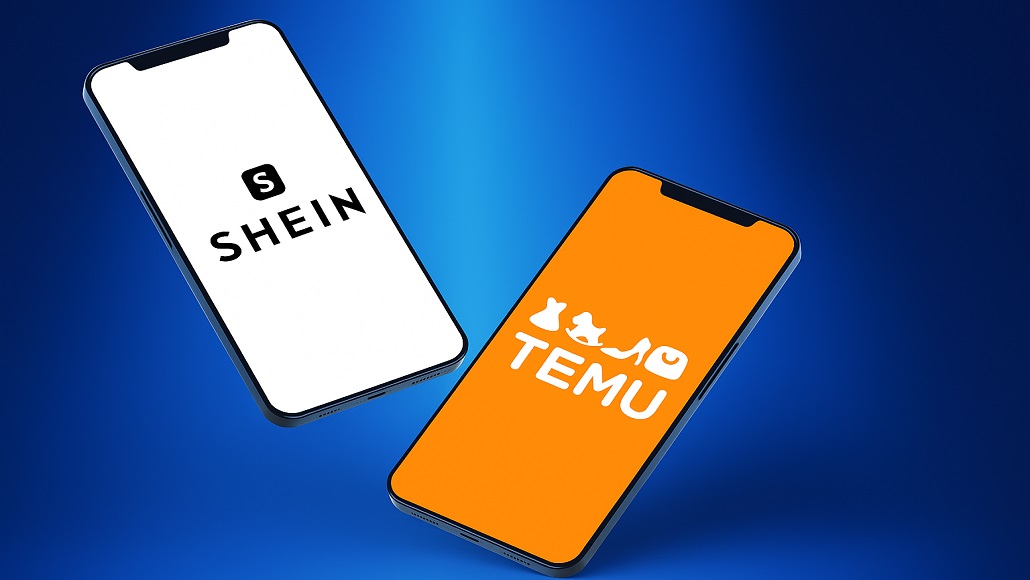France is taking a stand against ultra-fast fashion by advancing legislation aimed at prohibiting advertising from Chinese retail giants SHEIN and Temu, as part of a broader effort to address the environmental impact of the clothing industry.
The proposed bill establishes a legal distinction between “ultra” fast fashion—defined by its rapid production and extremely low prices—and traditional fast-fashion retailers. This means that European brands like Zara, H&M, and Kiabi will not be affected by the advertising ban.
According to media reports, the French Senate has unanimously approved an amended version of the bill, which not only prohibits advertising for fast fashion but also restricts social media influencers from promoting such clothing. Having already passed the National Assembly, this legislation reflects a growing political commitment in France to combat overconsumption and the fabric waste linked to inexpensive, high-volume apparel.
A joint parliamentary committee will work to reconcile the differing versions of the bill from the National Assembly and Senate in September. Before final adoption, the law will also be submitted to the European Commission for review.
Environmental advocates have long warned that fast fashion fuels a throwaway culture, leading to increased pollution and waste. France’s government environment agency, Ademe, reports that nearly 50 new clothing items enter the French market for every individual each year, while 35 garments are discarded every second.
The legislation also proposes an environmental rating system for fashion brands, with the lowest-performing companies facing potential fees of up to €5 per item starting in 2025, which could rise to €10 by 2030.
This disruption in the sector comes amid growing challenges for French fashion retailers, with local brands like Jemmyfer entering liquidation and others such as Naf Naf facing court-appointed administration.
In a separate issue, SHEIN has faced criticism from the European consumer association BEUC, which has filed complaints with the EU and 21 national authorities, including France, Germany, and Spain. The group accuses SHEIN of using manipulative design tactics—referred to as “dark patterns”—to encourage impulse purchases.
In response, SHEIN stated that it is “constructively” engaging with European regulators to ensure compliance with relevant laws and consumer protection standards.

































